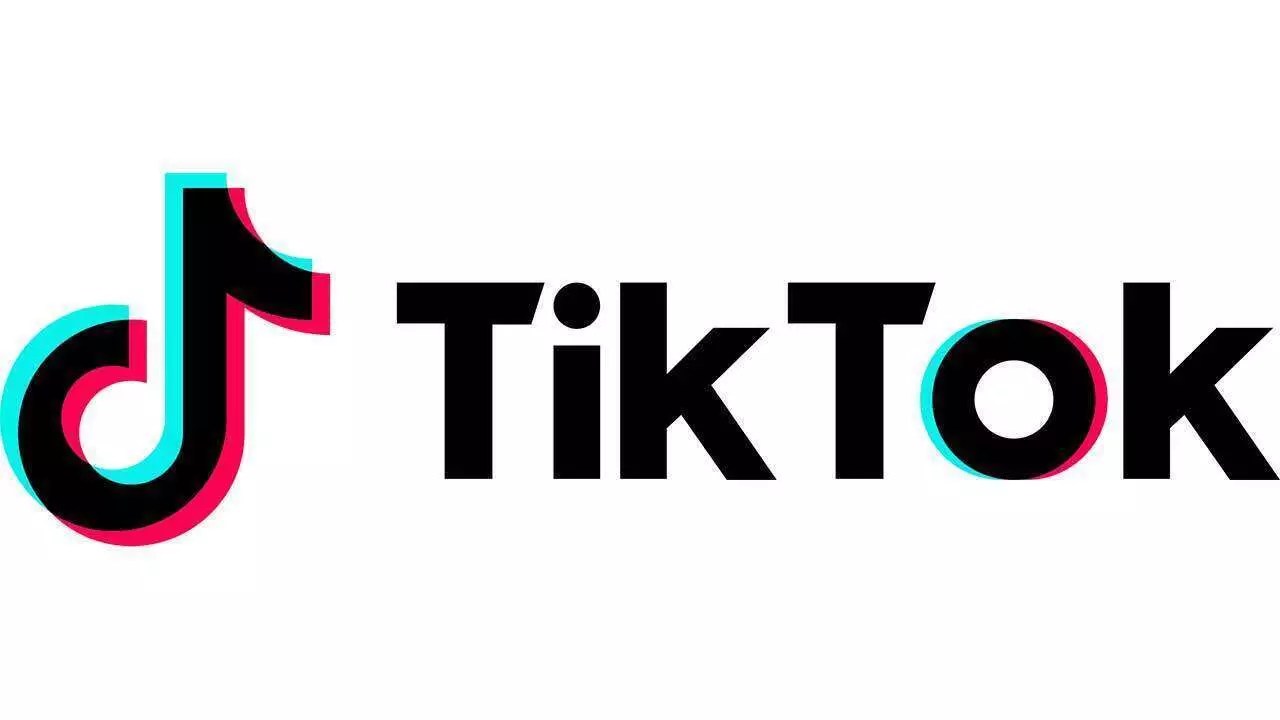The recent ruling by the United States Supreme Court to uphold a ban on the popular social media platform TikTok marks a pivotal moment in the intersection of digital communication and national security. The Court’s decision, rendered in a per curiam manner, asserts that Congress’s actions do not infringe upon the First Amendment rights of users. This development highlights the increasing tension between the government’s imperative to safeguard national interests and the public’s desire for unfettered access to communication platforms. As the ban is set to commence on January 19, the landscape surrounding digital media could shift dramatically.
The primary catalyst for Congress’s decision to target TikTok stems from significant concerns regarding data collection practices and potential risks to national security. Lawmakers argue that TikTok, owned by the Chinese technology firm ByteDance, poses a risk due to its data-sharing practices that could give the Chinese government access to sensitive American user information. This bipartisan initiative emerged from apprehensions that such access might enable the state surveillance of American citizens. The emphasis on national security echoes a broader trend within the U.S. government, wherein digital platforms with foreign ownership face intense scrutiny, potentially reshaping the future of social media.
While the legal rationale is grounded in the need for defense against potential data breaches, it also raises questions about the precedent it sets for regulating digital platforms based on their country of origin. The implications for free speech become more pronounced as the application of national security can sometimes overshadow individual rights, stirring public debate about where the line between security and liberty should rest.
As the deadline approaches for the ban, TikTok finds itself in a precarious position. Should the application be banned, it would be an unprecedented action against a social media platform in such a significant market. Although the company is exploring potential buyers to comply with legal stipulations, the barriers it faces are considerable; notably, Chinese regulations might inhibit the sale of TikTok’s proprietary technology, which is integral to its operation and user appeal.
Amidst these challenges, the market for social media applications could also experience a shake-up. Other platforms that have yet to face similar scrutiny may find themselves under the microscope, particularly if TikTok is successfully banned. The evolving landscape suggests that social media platforms must navigate an increasingly complex web of legal and political considerations.
Regardless of its fate in the U.S. market, TikTok has undeniably become a cultural phenomenon. Its influence extends beyond mere entertainment; it serves as a significant medium for trends in gaming and music. Content creators have utilized the platform to share everything from dance challenges to video game reactions, creating a unique digital subculture. The potential loss of TikTok would not only affect its users and influencers but might also stifle creativity and innovation within the social media landscape.
The impending ban on TikTok poses critical questions about free speech, national security, and the evolving nature of digital communication. As the legal framework continues to grapple with these challenges, the future of TikTok and similar platforms remains uncertain, indicating a potentially transformative moment in how society interacts with technology. The dynamics surrounding this issue will necessitate close examination as it unfolds.


Leave a Reply